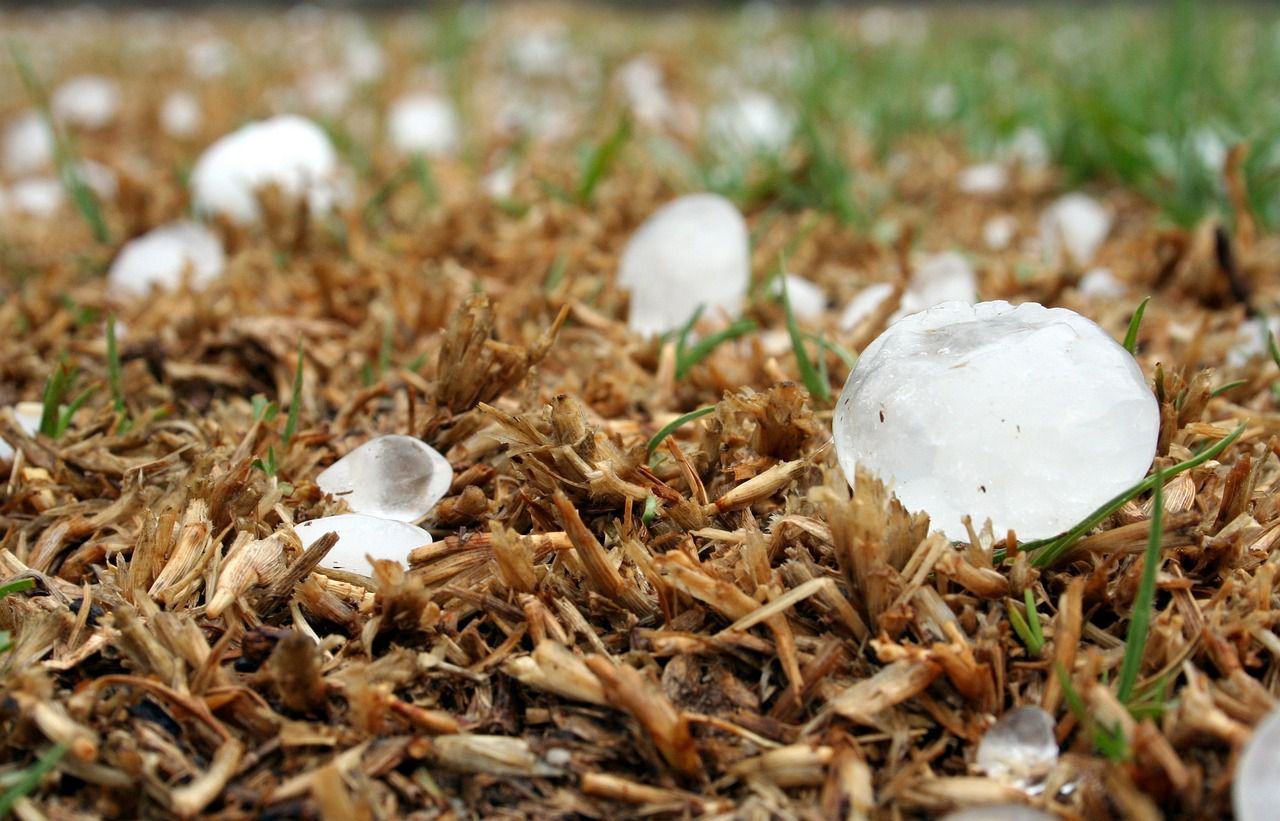Save your garden after hailstorm: Gardening advice
Even if you're a good gardener, you can't control or predict everything - for instance, hailstorms.
If your plants aren't protected in advance (and in most cases they aren't), then your garden might suffer - so what can you do?
Here are a few tips for you on how to rescue your garden after a hailstorm and make it thrive again.
Assess the Damage
After the hailstorm stops, go outside and check your garden. Look for any broken or damaged plants.
If they're severely damaged, you might not be able to save them.

Trim and Remove
If you see broken branches or leaves, carefully trim them off using scissors or garden shears.
Remove any hail-damaged parts. This helps your plants focus on healing the healthy parts.
Water Gently
Hailstorms can compact the soil, making it hard for water to get to the plant roots. So, water your garden gently but thoroughly.
Don't flood it; just make sure the soil is moist.
Mulch
If you have mulch (like wood chips or straw) in your garden, spread it around the base of your plants.
Mulch helps keep the soil moist and protects the plants from more damage.
Fertilize
After a hailstorm, your plants might need extra nutrients to recover. You can use a gentle, balanced fertilizer to help them grow back healthy.
Shade Protection
If your plants are in pots, you can move them to a sheltered spot or use a cloth or umbrella to give them shade.
This prevents further damage from strong sun.
Patience
It takes time for plants to heal and grow back. Keep an eye on your garden, give it some love, and be patient.
It might take a few weeks or even months for your garden to fully recover.
Conclusion
You can't change the weather, but you can help your garden become healthy again - just try to minimize the damage and make sure you do your best to protect your plants for the next time.

